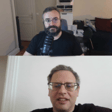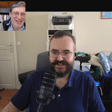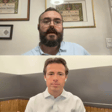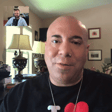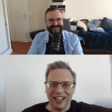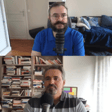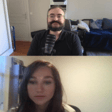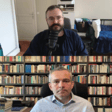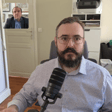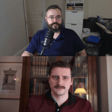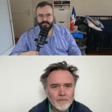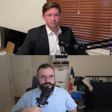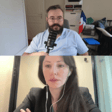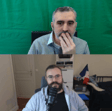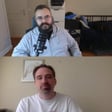
Ep 14 - Ross Douthat, New York Times - "Believe: Why Everyone Should Be Religious"
On this week's episode of the Sphere Podcast, Pascal-Emmanuel Gobry, Publisher of Sphere Media, has his first returning guest! He talks to Ross Douthat, conservative columnist at the New York Times, about his just-released book, "Believe: Why Everyone Should Be Religious." They talk about why we need a new book about religion (PEG was originally skeptical, but reading Ross's book convinced him), why sociological change has made religious belief a newly-important topic, why spiritual experiences and miracles are serious topics of investigation, and finally, why demons are real.
Subscribe to the PolicySphere Morning Briefing: https://policysphere.com/subscribe
You should buy Ross's book, and you should even read it: https://www.amazon.com/Believe-Why-Everyone-Should-Religious/dp/0310367581
You should also subscribe to read Ross's OTHER book, the excellent fantasy novel The Falcon's Children: https://www.falconschildren.com/
Follow Ross on X: https://x.com/DouthatNYT
Subscribe to the Sphere Podcast on Apple Podcasts: https://podcasts.apple.com/us/podcast/sphere-podcast/id1780831168
Subscribe to the Sphere Podcast on Spotify: https://open.spotify.com/show/48eWEcxSYDyrgjC3lO0EJZ
Subscribe to the Sphere Podcast on YouTube: https://www.youtube.com/channel/UCB2gs2TBXeP7vyn9QUaaxjQ
